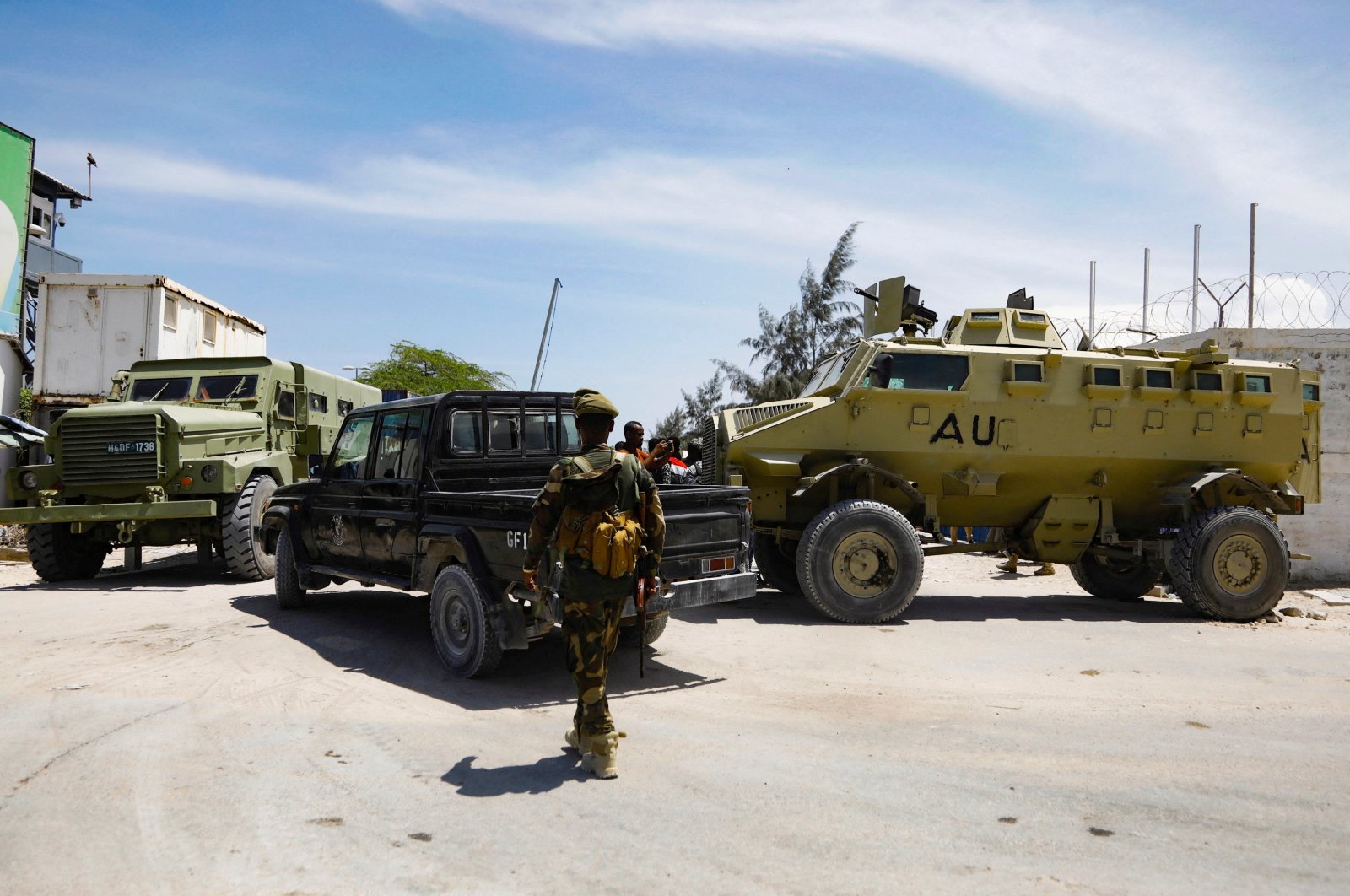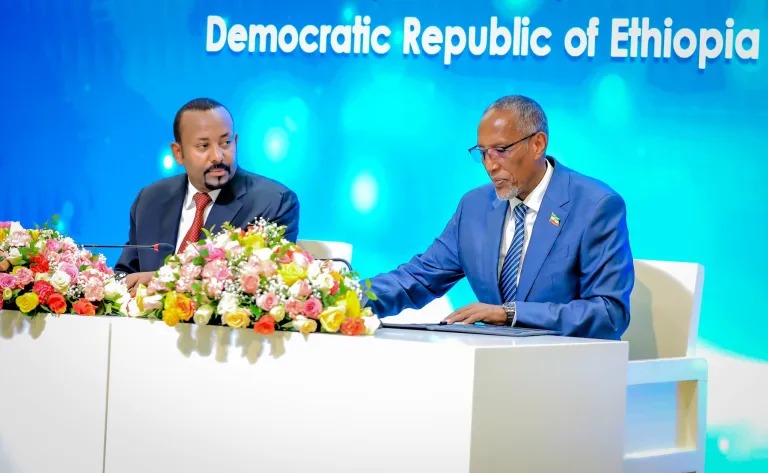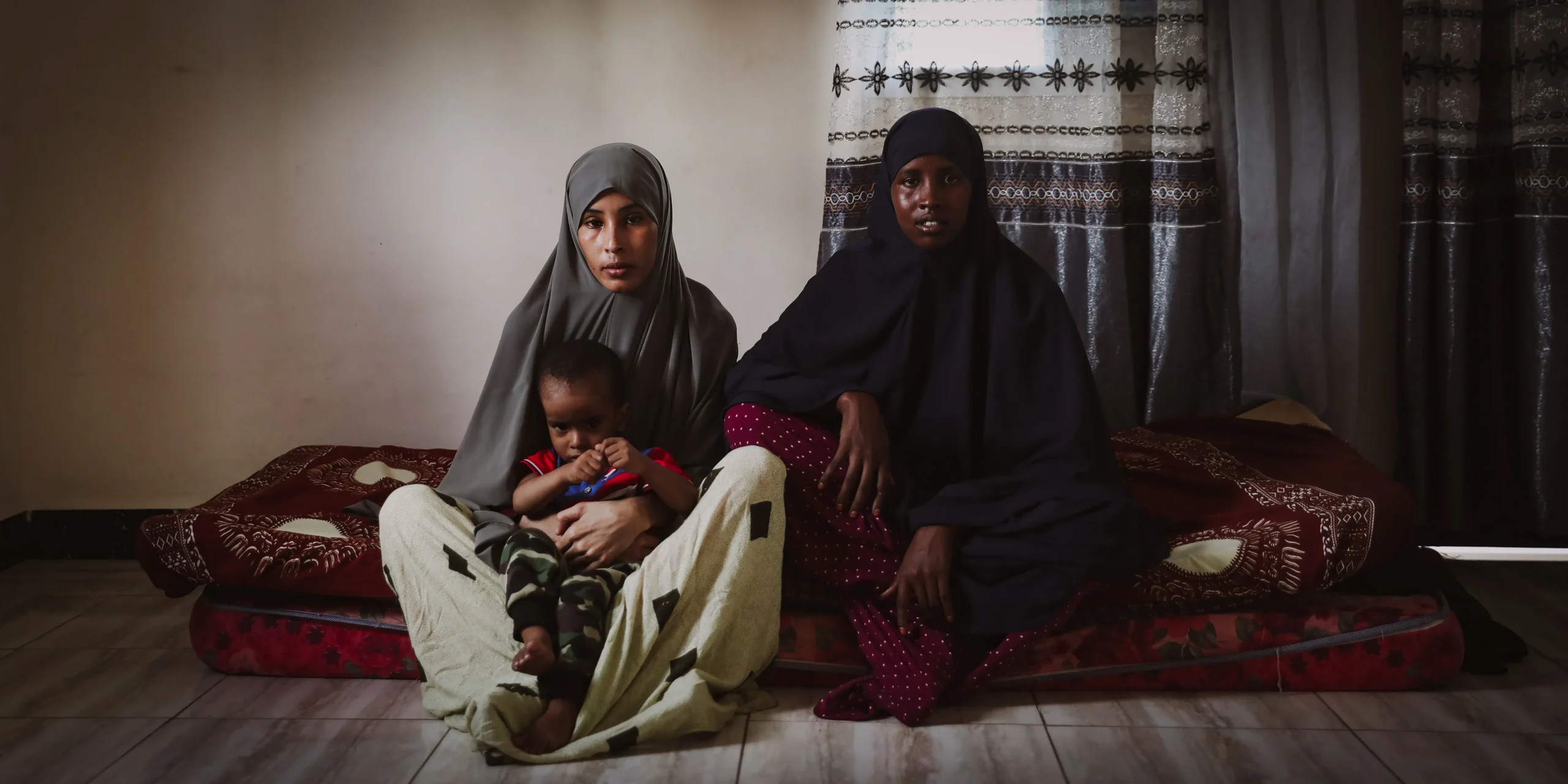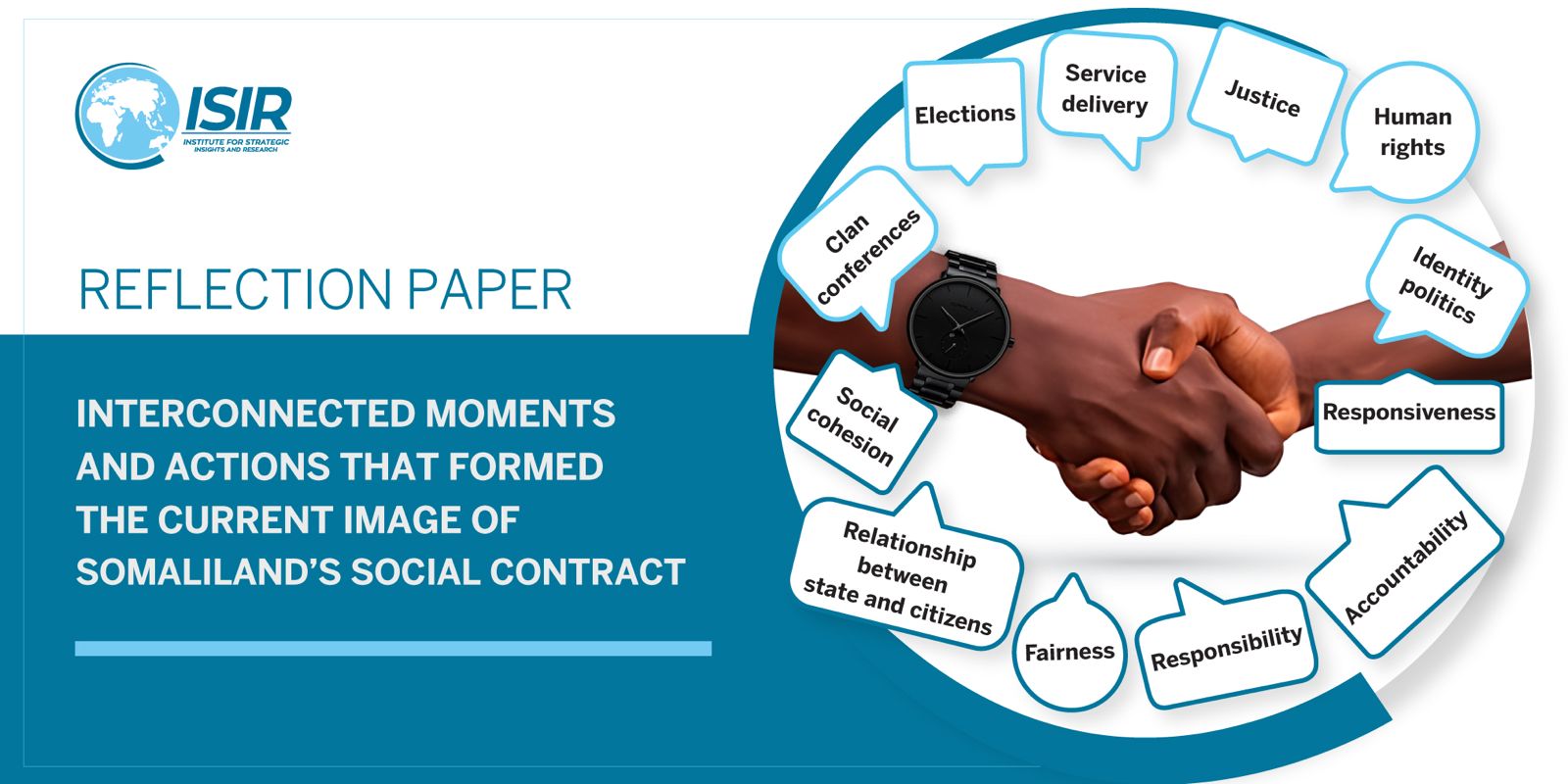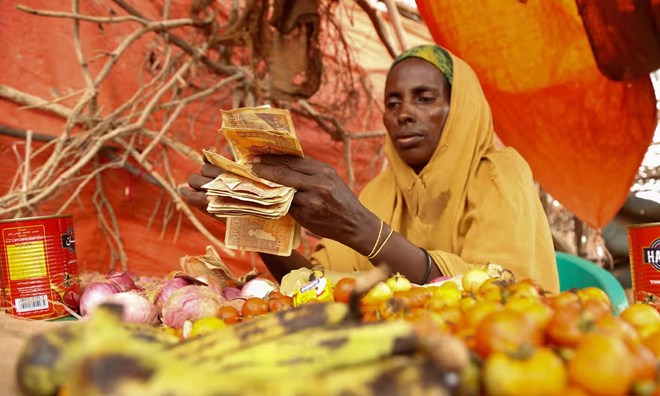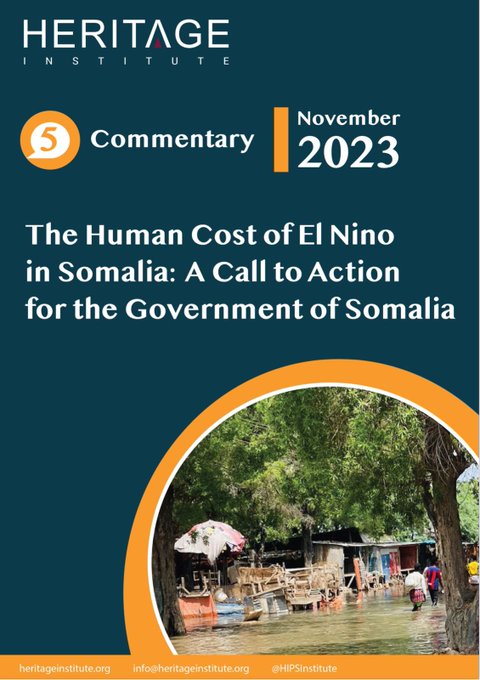In late 2020, Somalia will hold parliamentary and presidential elections respectively. However, the country faces a dilemma. It is not sure which path to take; whether to maintain the status quo where clans share political power or move to a one person, one vote system.
Since 2000, when the first transitional government was established, Somalia has been using a system known as 4.5 where the four main clans share political power equally and dozens of smaller clans share half a unit. Since then, the country has been unable to abandon the 4.5 system, which is seen to discriminate against smaller clans and impedes the transition to universal suffrage.
The Heritage Institute for Policy Studies, a policy think-tank based in Mogadishu, has proposed four electoral models for Somalia in the upcoming elections that could help lay the foundation for universal suffrage in the near future.
In its report, entitled In Search of a Workable 2020 Electoral Model, the Heritage Institute does not propose a direct one person, one vote system and does not do away with the clan system. Instead, it proposes an increase in the number of delegates or Electoral College and shifting the selection of members of parliament from clan elders to political parties.
The introduction of political parties while still maintaining the clan system could create challenges for both. Candidates may not trust political parties in their pursuit of winning a seat. A politician’s loyalty will be put to the test. If a politician is seen to be more loyal to his party, electors from his clan may deny him votes and elect his rival.
There are close to 50 political parties in Somalia and members of parliament are required to be members of a political party. These parties face numerous challenges including technical expertise and their ability to recruit outside their clans and in al-Shabab-controlled areas.
Despite these challenges, political parties signal a major step forward in Somalia’s democratisation process. The National Independent Election Commission believes that a multi-party democracy will help eliminate clan politics and will enable the country to move away from clan-based politics.
In the absence of a universal suffrage election, the 4.5 model offers by far the most predictable path towards inclusivity in Somalia’s fragile post-conflict society, according to the report.
Despite being unpopular, the 4.5 system is also seen as a major stability factor as it creates a perception of balance of power among Somali clans in the absence of an alternative mechanism. “
These election models have been customised for Somalia,” said Abdi Aynte, co-founder of the Heritage Institute, during the launch of the report in Nairobi. “Whoever came up with the 4.5 system was an evil genius. Although the clan system has its own limitations, it brought equilibrium and created a national satisfaction among clans,” he said.
The 4.5 system is not based on the country’s constitution but it was a consensus agreed upon by political players and clan elders. Although major clans are satisfied with the application of this system, smaller clans feel that it does discriminate against them. Currently, the membership of the country’s parliament is 275. The four major clans have 61 seats each, while the rest of other clans share the remaining 31 seats. Some clans do not have a representative in parliament.
The 4.5 system was supposed to be a temporary measure until the government and other stakeholders came up with an alternative election model, agreeable to all Somalis, like the introduction of one person, one vote, but it has been institutionalised. The report said a free, fair and credible one person, one vote election in 2020 cannot be organised within the remaining 18 months of the current administration.
The country was supposed to hold a direct election in 2016 but cancelled the plan due to fears of al-Shabab attacks. The group, allied to al-Qaeda, vowed to disrupt any form of election. A group of clan elders selected members of parliament, who subsequently voted for a president. After the election, al-Shabab started targeting clan elders who participated in that election and killed dozens of them.
While Al-Shabab remains a threat to Somalia’s democratisation process, it is feared that changes to the electoral system and the recent election law may undermine democratisation and a peaceful transfer of power in Somalia. Shafie Abtidon, a Somali researcher, said in a report published by Natour Center for Studies and research that Somalia’s clans as well as political parties are concerned with many elements of the new electoral law, especially the articles about the extension of the presidential term and a poll delay for another year or two. Wadjir party said in a statement to local media that the articles in the law allowing another postponement of the vote send a message of indefinite extension of the presidential term. Another concern voiced by both political parties and clans is the closed list in which Somali voters have to vote for one party as a whole and for candidates in other federal states they do not know. As a result, four out of six federal states in Somalia announced they were boycotting the election, accusing the federal government of attempts to extend their term in office and exert influence over the upcoming election, if it ever happened.
If the security situation remains the same in the next 18 months, fewer clan elders may take part in the selection of members of parliament due to fears of al-Shabab. Insecurity will also affect the operations of political parties that aim to take part in the next elections. The law requires them to open offices in half of the country’s provinces, some of which have significant al-Shabab presence.
It will be difficult to hold a one person, one vote election in 2020 considering the fact that the current administration has only 18 months remaining, and there is disagreement between the federal and state government over many issues including election laws, the absence of registered voters, and, most importantly, security.
Whichever election model Somalia chooses, it must not create further instability and chaos.
By Abdullahi Osman
Categories: Latest News







